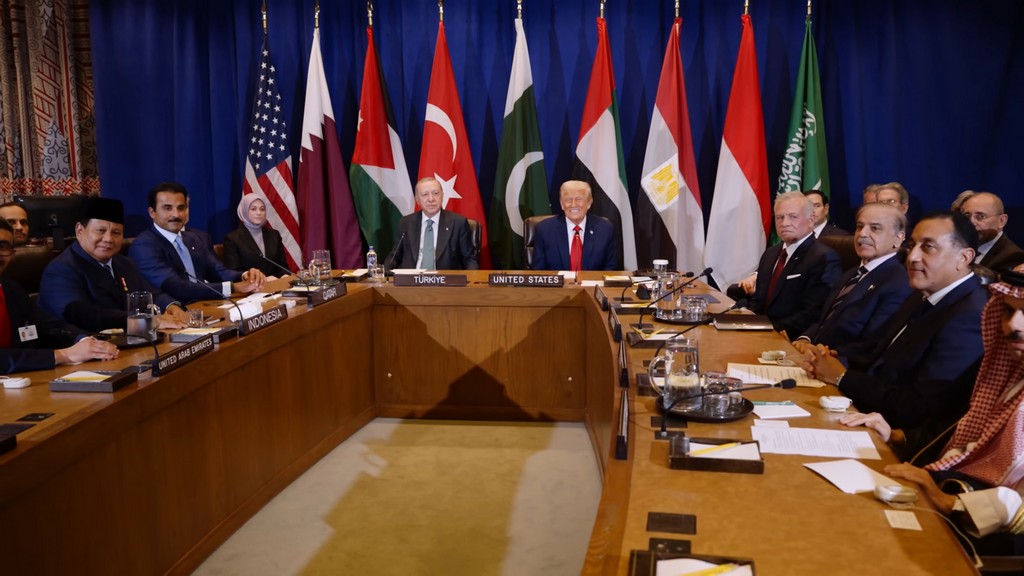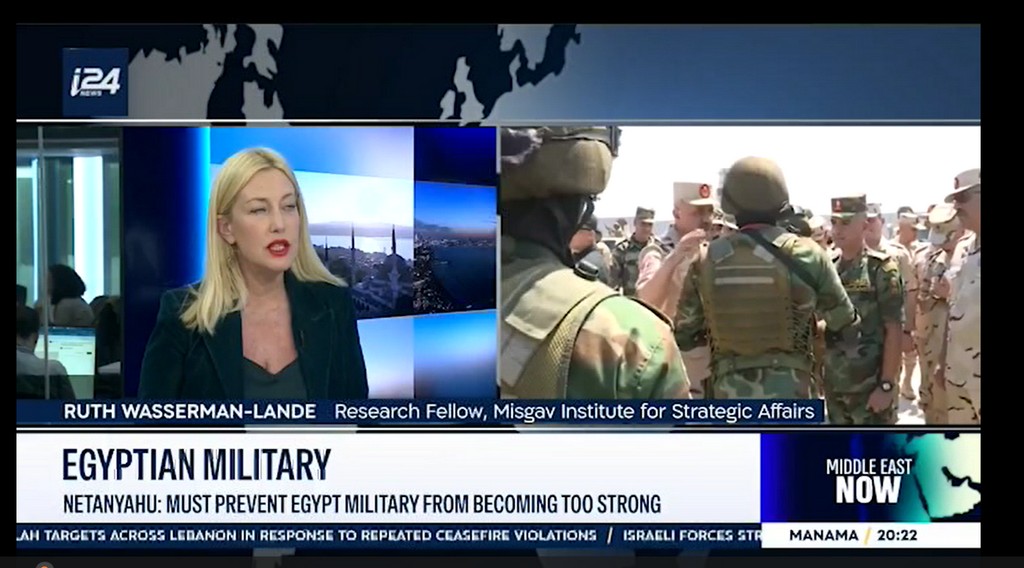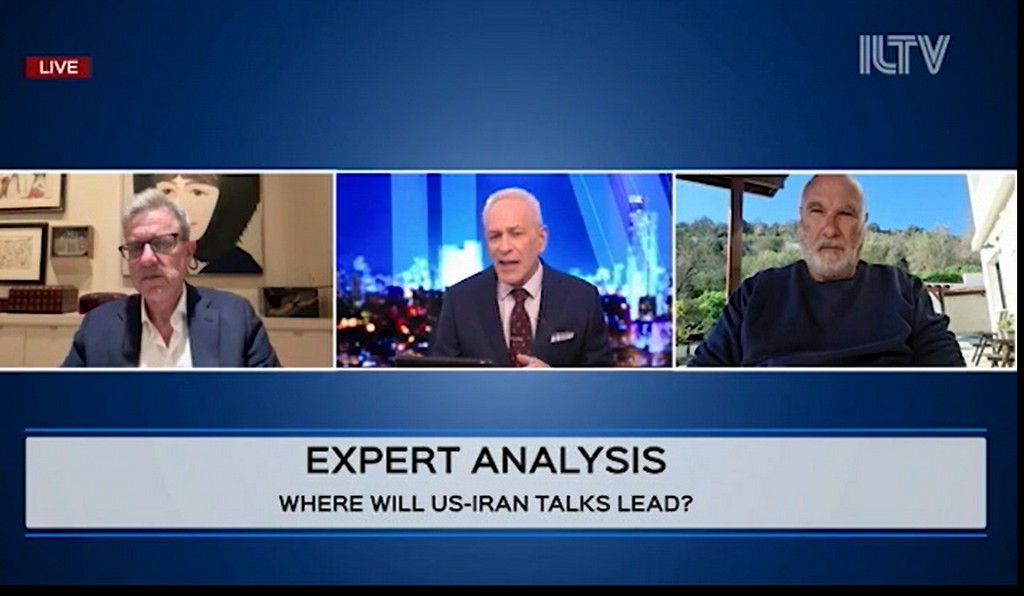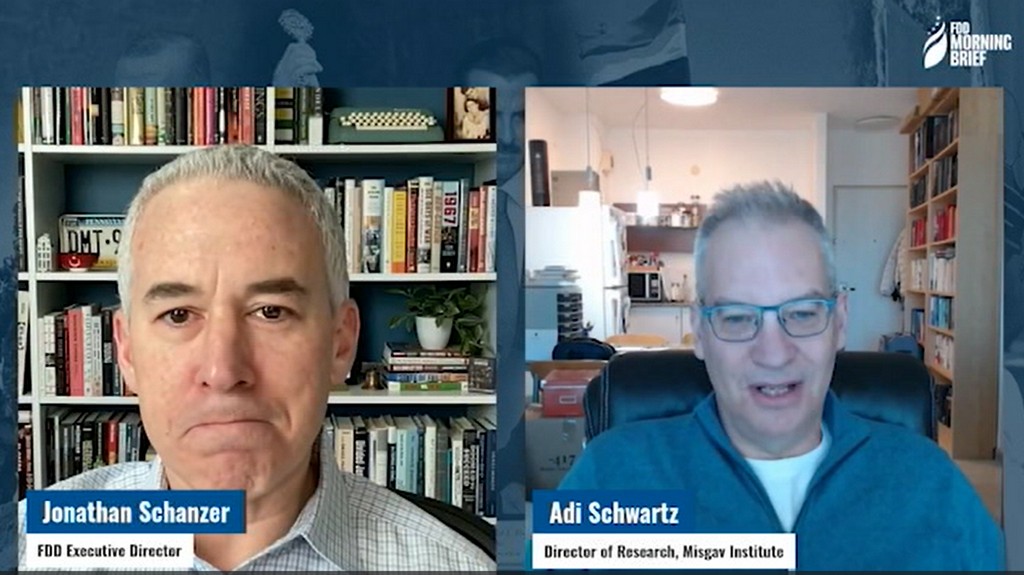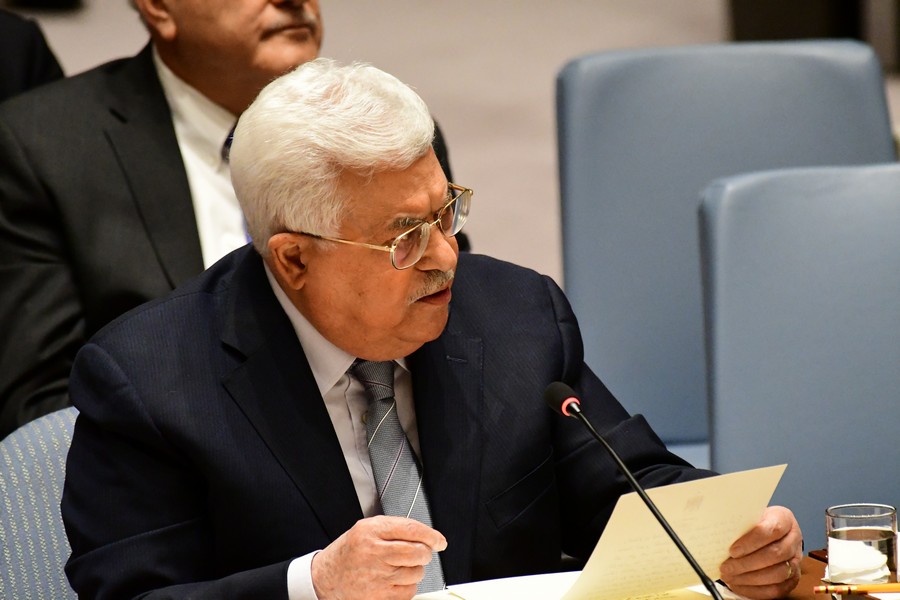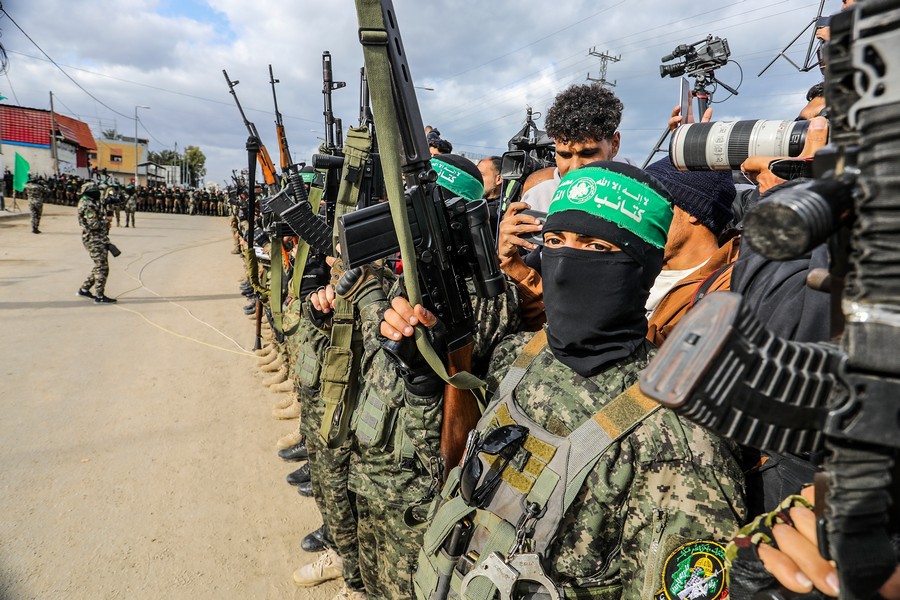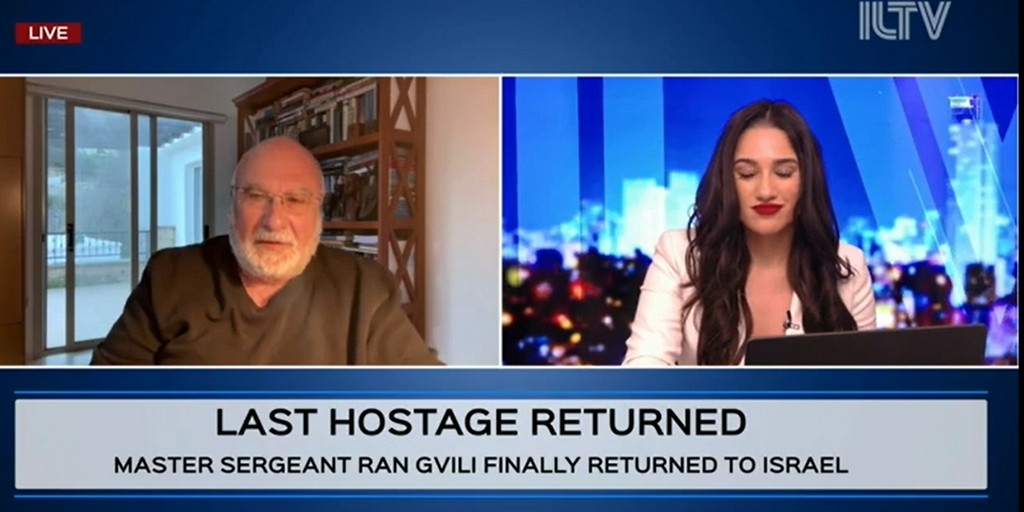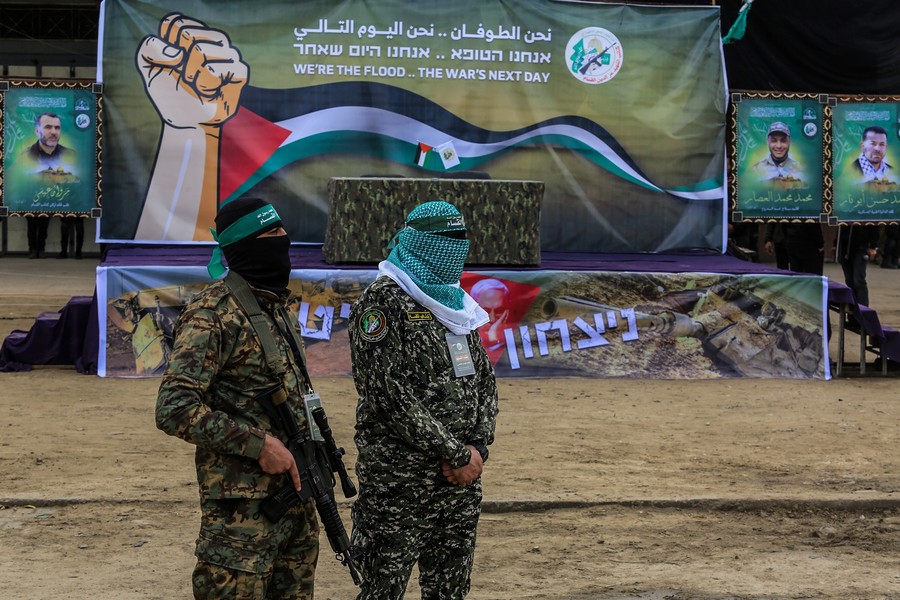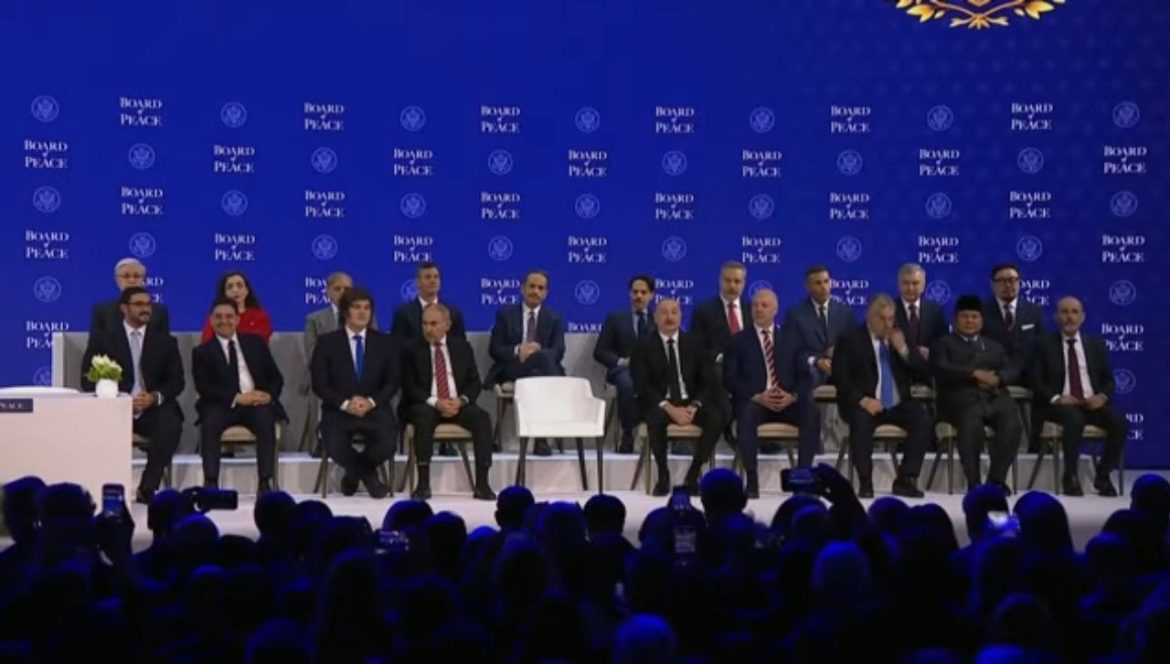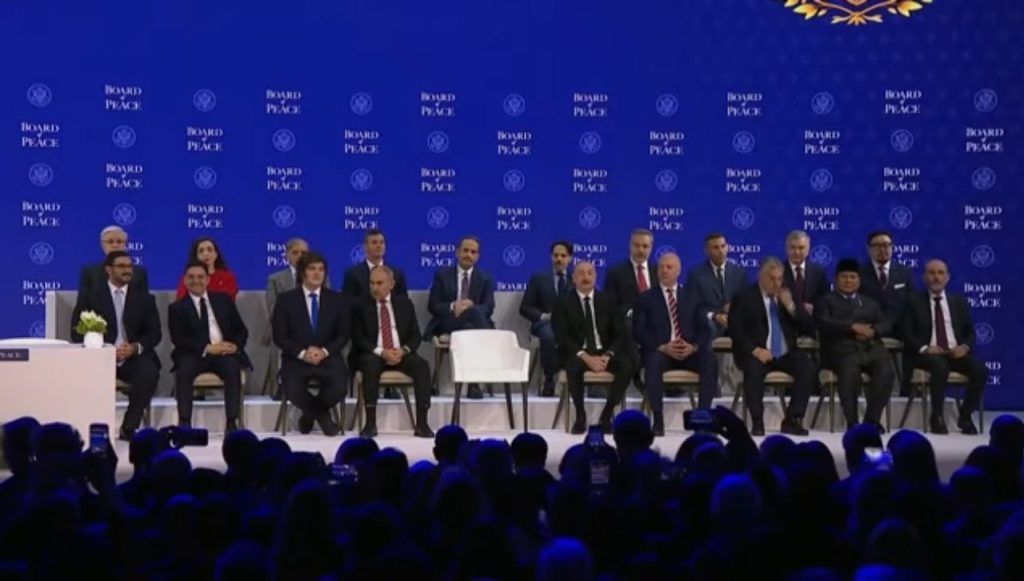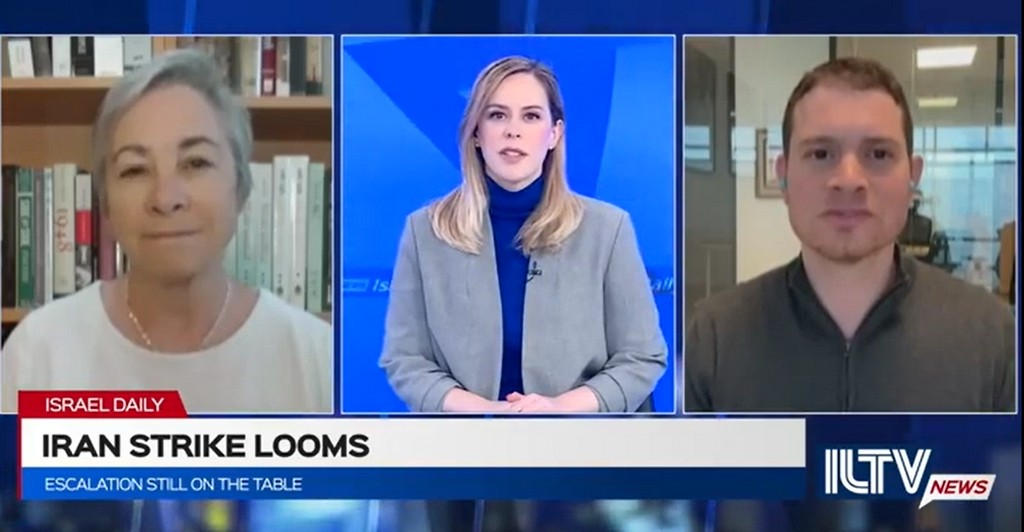Prof. Kobi Michael: Hamas continued reconstitution as the decisive factor. Despite the war, the organization is rebuilding its military capabilities, maintaining command structures, and issuing internal directives. He cited instructions circulated within Hamas regulating how members should interact with representatives of the technocratic committee as evidence that the group is preparing to manage the process rather than surrender authority. Of course, Hamas will control who controls who.
They are not going to bring people from India to be doctors or engineers. They are going to use the same people that are already there. As a result, all of these systems in the Gaza Strip will be operated by people who are affiliated or influenced or controlled by Hamas.
Published in The Media Line, February 07, 2026.
